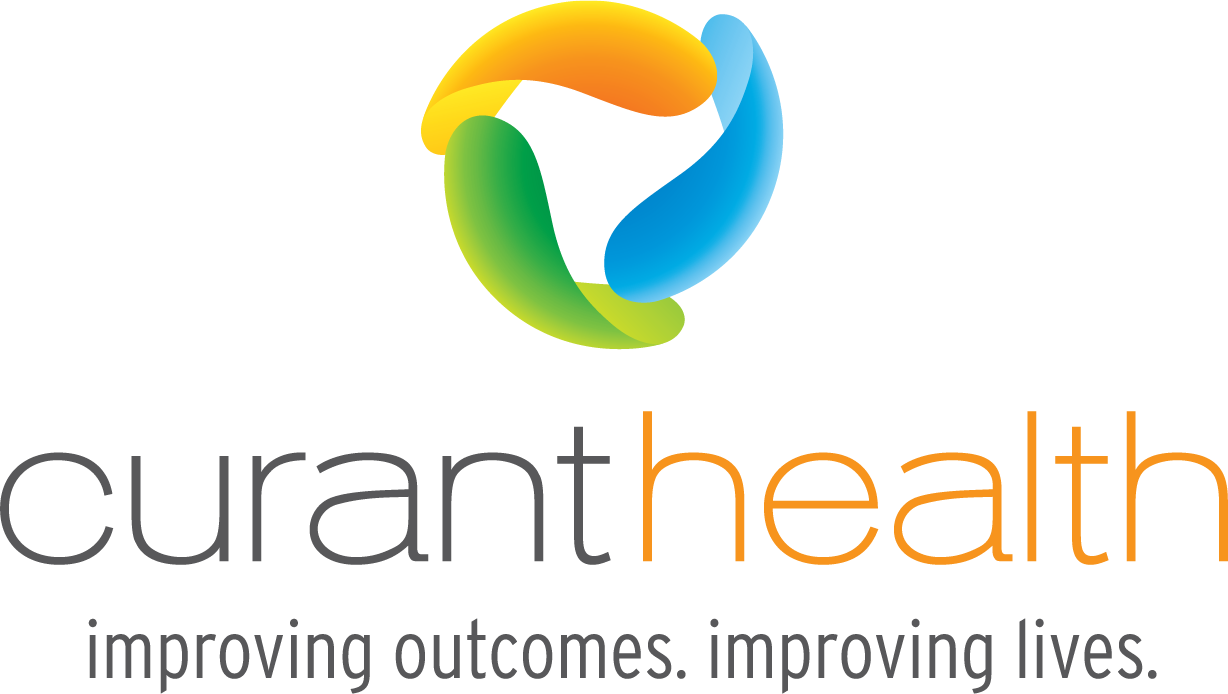When it comes to value-based care, the technology surrounding healthcare information is not at 100%. There is opportunity for improvement in the following ways:
More advanced patient facing Health Information Technology (HIT)
Advanced HIT tools are now able to pinpoint the gaps in patient information narrowed down to specific moments in care. Not only can these tools be customized to target specific patient needs, but the information is distributed in a clear, concise way.
Patient monitoring in the home
Medication nonadherence has grown into a $100 - $300 billion problem. Once a patient leaves their provider’s office, the stream of patient information, daily habits and adherence levels are severed. While more apps are becoming available to aid in a new form of patient engagement, apps don’t build trusting relationships with their patients - humans do.
Better data analytics
EHRs could be used to collect required data for progressive analytics. High risk patients and behaviors can be identified via an effective automated analytics algorithm. For this to work at an optimal level, providers would need to be notified when high risk behavior is detected before medication nonadherence occurs.
Improvements in communication between EHRs
Having access to various types of patient information that has been collected at different points in the care continuum can help providers engage patients in their care plan and meet the goals of outcome based contracts. Unfortunately, lack of data standards and lack of cooperation keeps this information locked in isolated data warehouses.
Performance measurement
Who is going to gather all the data from various sources and tie it all together to measure the effectiveness of care, or that same outcomes based contract between a pharmaceutical manufacturer and payer? Ideally all of the providers involved with the delivery of the drug and the patient wrap around services would have access to real time performance measurements and clinical outcomes.
So what is the solution to all of these technology barriers? Read Patrick’s article in Managed Healthcare Executive.
To learn more about Curant Health, contact Kristin Lindsey, Marketing Director, at klindsey@curanthealth.com.
